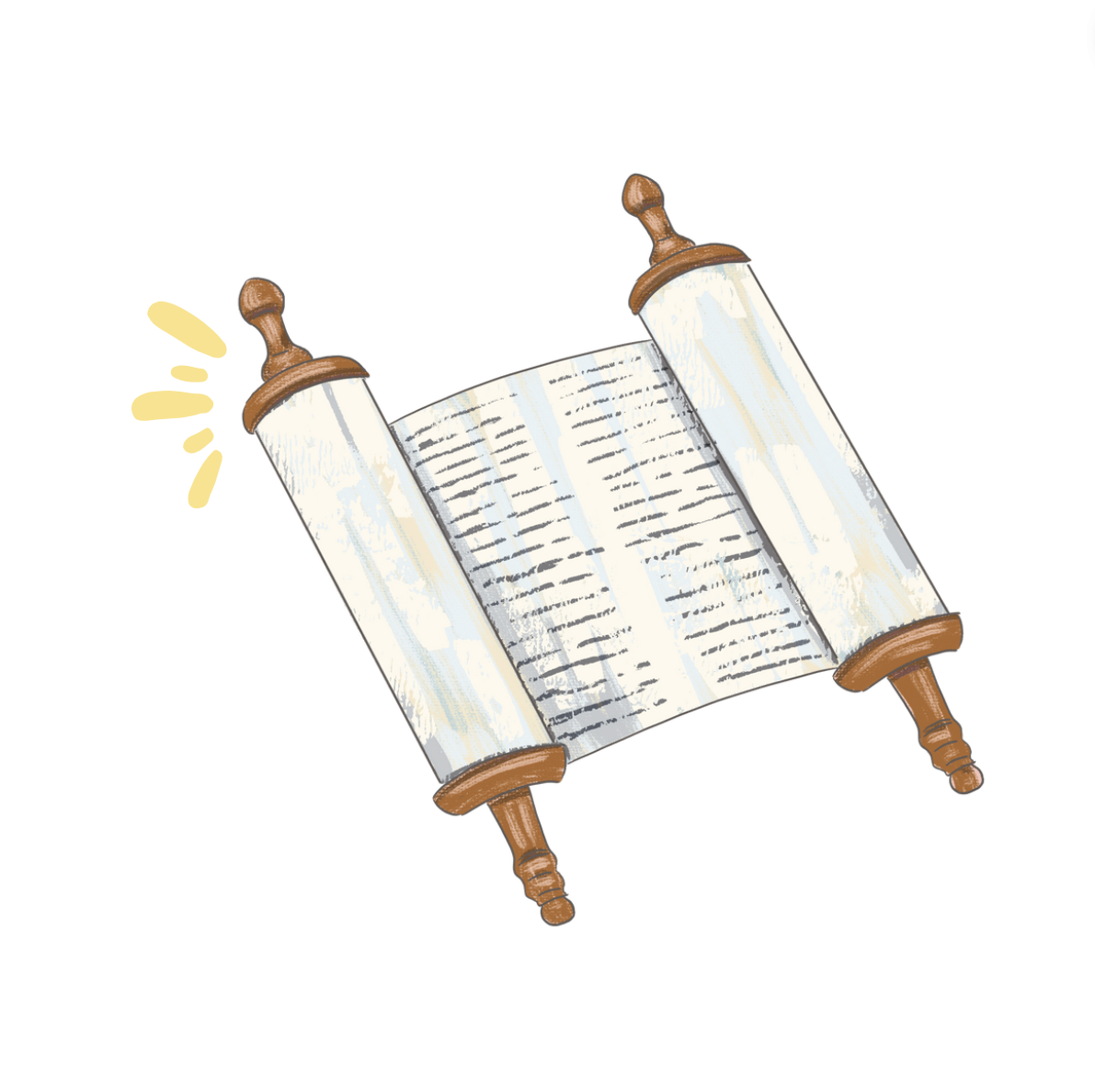In last week’s Torah portion, Parashat Yitro, the Israelites received the Ten Commandments. In a booming voice, surrounded by thunder, lightning, and fire, God speaks directly to the people, giving them the first laws of the Torah upon which they will build their holy society.
But this direct encounter with God is too overwhelming for the Israelites, and they ask Moses to serve as the intermediary between themselves and God. They want to receive the laws, but they fear that they will die if they hear God’s voice again. So in this week’s Torah portion, Parashat Mishpatim (mishpatim means “rules”), Moses shares many of the laws that God commands the Israelites to follow.
This parasha is simultaneously one of the most beautiful and challenging in the entire Torah.
On the one hand, it contains some of the most noble laws of our sacred texts; ideals to which any society should aspire. We are instructed to be fair in our economic dealings, to return lost property, to be impartial in a court of law. We are commanded not to take bribes, not to spread false rumors, and—the commandment repeated most often in the Torah—not to oppress the widow, the stranger and the orphan (the most vulnerable members of society), because we were strangers in the Land of Egypt. These laws are timeless and should guide our own actions and communities with as much force as they did for our ancestors.
On the other hand, it also contains some of the most abhorrent and immoral laws of the Torah; it can be hard to believe that these are included in our most sacred text. We learn about the institution of slavery in Israelite society…this is after the Israelites escaped from over 400 years of oppression in Egypt. We also learn about the act of selling women as brides and the violent conquest of other peoples.
And there are laws in this Torah portion whose morality is still being debated in our modern society. The verse of the Torah from which many Jewish thinkers, both ancient and modern, derive permission for people to terminate pregnancies comes from this parasha. And though we learn about the importance of respecting our parents, a noble law indeed, the Torah teaches that disrespecting one’s parents leads to the death penalty. Abortion and capital punishment: two topics from this parasha that are hotly debated in our public sphere.
Modern readers of the Torah are in a unique position. How do we read and honor our sacred text while also adhering to our contemporary values? We have to read carefully to decide which pieces are timeless wisdom and which are products of a particular time and place, and need to be changed or updated.
But this challenge did not originate in the modern age. The ancient Rabbis underwent this same process of discernment. For example, this Torah portion teaches us the concept of “an eye for an eye.” But the Rabbis of the Talmud (in 500 CE) believe this is unjust, and interpret this expression to mean a requirement of monetary restitution, as opposed to bodily retribution, for an injury.
At the end of this Torah portion, the Israelites accept all of these laws, saying “Na’aseh V’Nishma — We will obey and we will understand.” It’s not enough for the Israelites to follow these commandments. They also need to study them, to critically engage with them, and to interpret them in a way that will lead to justice. This principle has shaped Judaism throughout the millennia, encouraging us to debate and ask questions “for the sake of heaven” in order to create positive outcomes and improve our world.
May we continue this sacred legacy.
Shabbat shalom,
Deena

